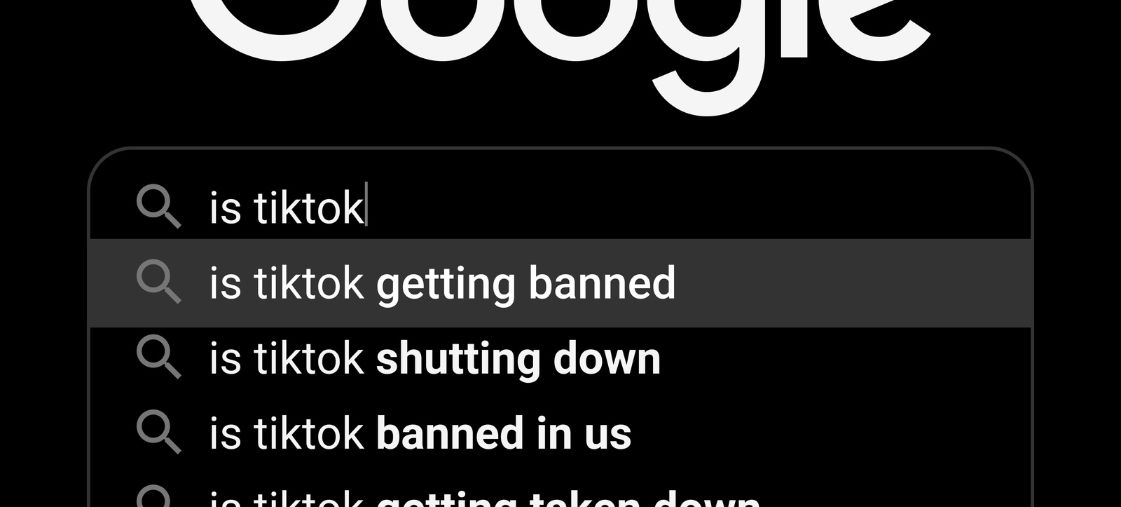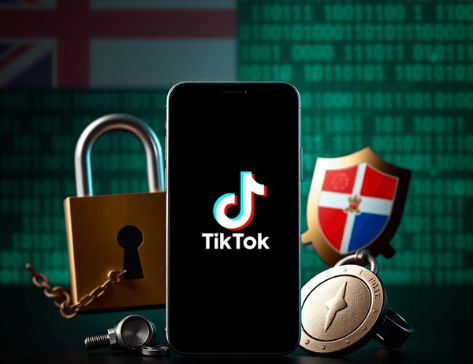
The TikTok Ban Bill: What You Need to Know
TikTok has captured the attention of millions worldwide, becoming a cultural phenomenon with its short-form videos and viral trends. As a platform, it has influenced how content is consumed and created, marking its relevance in today’s digital landscape. Yet, the rise of national security concerns has led to legislative efforts such as the TikTok ban bill, aimed at restricting or banning the app’s use due to fears over data privacy and foreign influence.
Understanding the TikTok restriction bill is essential for users, content creators, and stakeholders within the digital space. This legislation not only impacts how TikTok operates but also sets a precedent for how similar apps might be regulated in the future. Keeping informed on these developments helps navigate potential changes that could affect personal use and broader industry practices.

The Rise of National Security Concerns
The growing prominence of apps like TikTok has ignited national security concerns, particularly in the context of foreign-owned platforms. National security concerns primarily revolve around the potential for these apps to act as conduits for espionage and data breaches. Lawmakers and experts have voiced fears over data privacy, suggesting that foreign entities could exploit these platforms to gather sensitive user information.
Specific worries include:
- Data Privacy Risks: TikTok’s data collection practices have raised alarms about the security of user information, with critics pointing to the potential misuse of personal data by foreign governments.
- Foreign Influence: There exists a risk that apps like TikTok could be used to manipulate public opinion or interfere in democratic processes by disseminating biased content, thus exerting foreign influence.
The implications extend beyond individual users. There is widespread concern about potential breaches into critical infrastructure. Lawmakers and experts argue for stricter regulations on foreign-owned platforms, emphasizing the need for comprehensive oversight to protect national interests. Key arguments focus on creating robust frameworks to ensure transparency and accountability in how these apps handle user data.
By understanding these national security concerns, stakeholders can better navigate the challenges posed by foreign apps like TikTok.
Understanding the TikTok Ban Bill
The TikTok ban legislation represents a series of measures aimed at restricting or outright banning the use of TikTok within the United States. The primary concerns driving these legislative efforts are related to national security, data privacy, and foreign influence. Lawmakers argue that TikTok, a popular app with ties to China, poses potential risks to user information security and national interests.
Recently, a bill that could ban TikTok passed in the House, which signifies a significant step towards more restrictive measures against the app. Several legislative efforts in the U.S. Congress have been initiated to address these concerns. These efforts include bills such as the “No TikTok on Government Devices Act,” which prohibits the use of TikTok on federal devices. There is also ongoing debate in Congress about more comprehensive legislation targeting not only TikTok but also other foreign-owned applications considered as potential threats.
Understanding these developments is crucial for users and stakeholders alike. Changes in legislation could significantly impact content creators, businesses leveraging TikTok for marketing, and users who rely on the platform for social interaction and entertainment. Staying informed about these legislative efforts can help individuals and organizations anticipate changes that might affect their digital strategies and personal data security practices.
State-Level Bans and Initiatives Against TikTok
State-level bans have become an important part of the discussion around the TikTok ban bill, with Montana’s SB 419 taking the lead. This law makes it illegal for mobile app stores to offer TikTok to residents of Montana. If they break this law, they will face fines of $10,000 for each violation and an additional $10,000 for every day the violation continues. However, there are exceptions for law enforcement and essential government activities.
Federal Initiatives
Federal initiatives are also supporting state-level actions. In late 2022, during the Biden administration, a limited ban was implemented on TikTok for federal employees using devices owned by their agencies. This decision, which is part of a larger spending bill, highlights concerns about national security related to TikTok’s connections with China. There are exceptions for activities involving law enforcement and national security.
These actions show that there is increasing attention on the data security risks posed by foreign apps like TikTok. As lawmakers examine potential dangers, these bans act as a preventive measure to stop foreign entities from accessing data without permission. The ongoing discussion reveals a wider worry about protecting user information while dealing with international technology relations.
Alternatives and Optimization
In light of these developments, some users may seek alternatives to TikTok or wish to optimize their use of the platform before any potential restrictions come into effect. For instance, Anstrex offers services that allow users to spy on top converting TikTok ad campaigns and replicate their strategies to build a profitable business.
Moreover, if users are looking to maintain their content without the platform’s watermark after downloading videos, there are effective strategies available. Here are some tips and tricks on how to delete TikTok watermarks like a pro.
Bipartisan Support for State-Level Bans: Texas Initiatives and Beyond
Bipartisan support for state-level bans on TikTok has gained momentum, reflecting a widespread concern across political lines. Several states have taken steps to restrict the use of TikTok on state-owned devices, with Texas leading the way.
In Texas, specific measures have been proposed to curb TikTok’s influence and ensure data privacy. These initiatives aim to regulate or limit TikTok’s operations within the state, addressing fears about data security and foreign influence. Key aspects of Texas’s approach include:
- Proposed legislation targeting the use of TikTok on government devices.
- Efforts to educate the public and state employees about potential risks associated with foreign-owned apps.
- Collaboration with cybersecurity experts to assess vulnerabilities and implement safeguards.
This trend signifies a growing recognition of the need for stringent oversight of foreign applications, emphasizing bipartisan agreement on protecting national interests.
Future Prospects: Congress Discussions on Broader Data Security Laws Affecting Foreign Apps Like TikTok
The future prospects for legislation affecting foreign apps like TikTok are under intense scrutiny within the halls of Congress. Discussions are actively unfolding around broader data security laws that could have sweeping implications for foreign-held applications. Lawmakers are increasingly focusing on how these platforms handle user data, particularly concerning potential vulnerabilities to foreign influence.
Ongoing Discussions
A series of congressional hearings have been spotlighting concerns over data privacy. These discussions aim to craft comprehensive laws that not only address TikTok but also other foreign applications that may pose similar risks.
Potential Outcomes
Through these hearings, several outcomes could materialize, including the introduction of stringent data security requirements or even complete bans on certain platforms deemed a national security risk. The legislative focus remains on establishing robust frameworks to protect user information and prevent unauthorized access by foreign governments.
This evolving legislative landscape continues to shape the way foreign apps operate within the United States, raising critical questions about privacy, security, and regulatory compliance.
The Controversy Surrounding The Ban: Balancing National Security Needs With Freedom Of Expression Concerns
The TikTok ban controversy has sparked intense debate among various stakeholders. On one side, proponents of the ban argue that it is necessary to protect national security and prevent potential misuse of personal data by foreign entities. They point to TikTok’s ties to China as a significant risk factor, suggesting that user data could be accessed or manipulated by the Chinese government.
Conversely, opponents of the TikTok ban bill highlight concerns over freedom of expression and digital rights. TikTok is not just a platform for entertainment but also a medium for creative expression and social interaction. Many users and content creators see the ban as an infringement on their ability to freely share and consume content.
This debate underscores broader societal tensions between ensuring national security and preserving civil liberties. While national security concerns are undeniably important, critics argue that such measures should not come at the cost of limiting individual freedoms. As discussions on this issue continue, balancing these priorities remains a complex challenge that reflects larger issues in the realm of digital governance.
The ongoing discourse demonstrates the difficulty in reconciling security with freedom, prompting questions about how best to regulate technology without stifling innovation or expression.
Conclusion
As discussions around the TikTok ban bill continue, potential shifts in both legislation and public sentiment could significantly impact users and stakeholders. Ongoing debates highlight the complexities of balancing national security with digital freedoms, suggesting that future policies may extend beyond TikTok to address broader data security concerns.
- Stay Informed: Keeping abreast of updates regarding the TikTok ban bill is crucial for understanding its implications.
- Engage in Discussions: Participating in conversations about digital rights and privacy can shape the trajectory of these issues.
Your voice matters in shaping the digital landscape.


